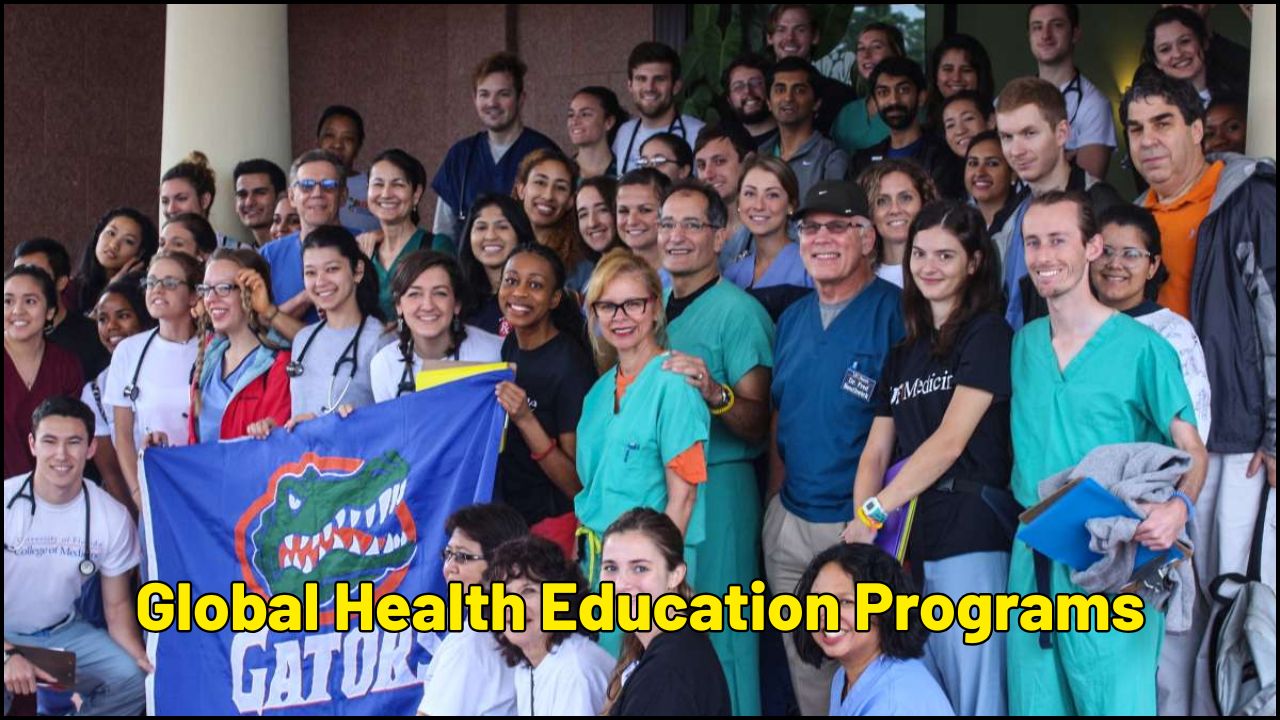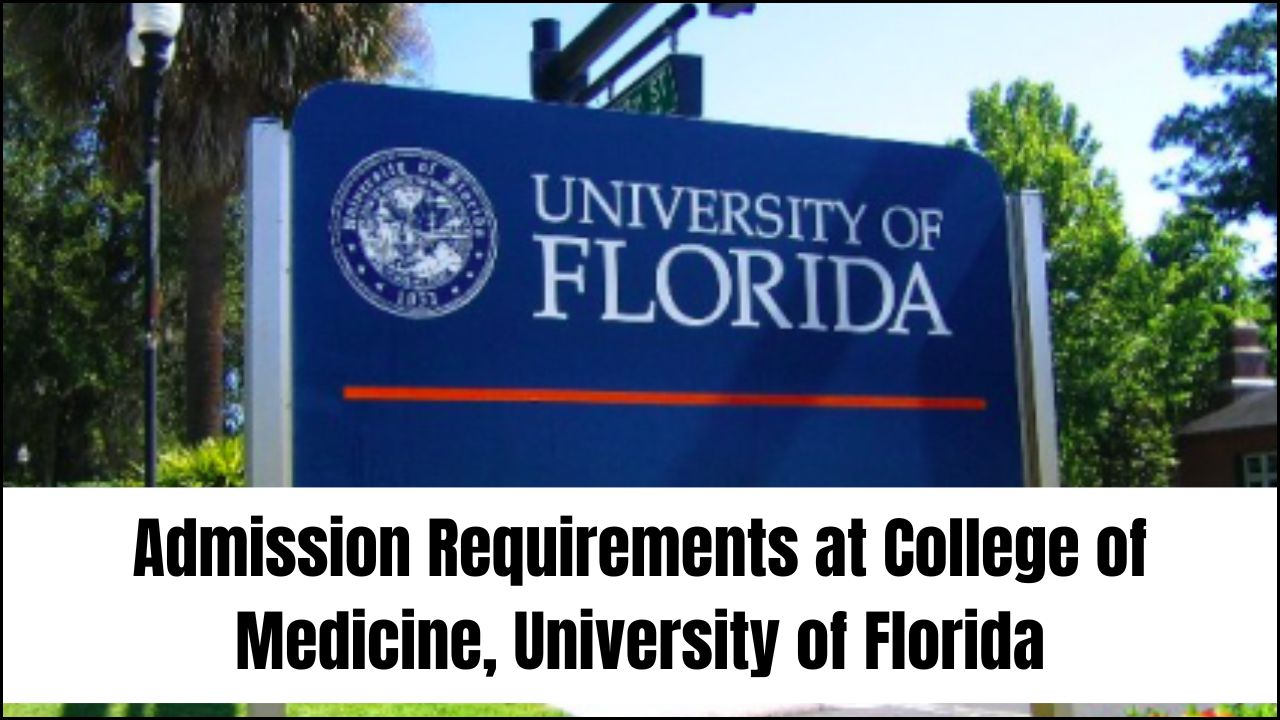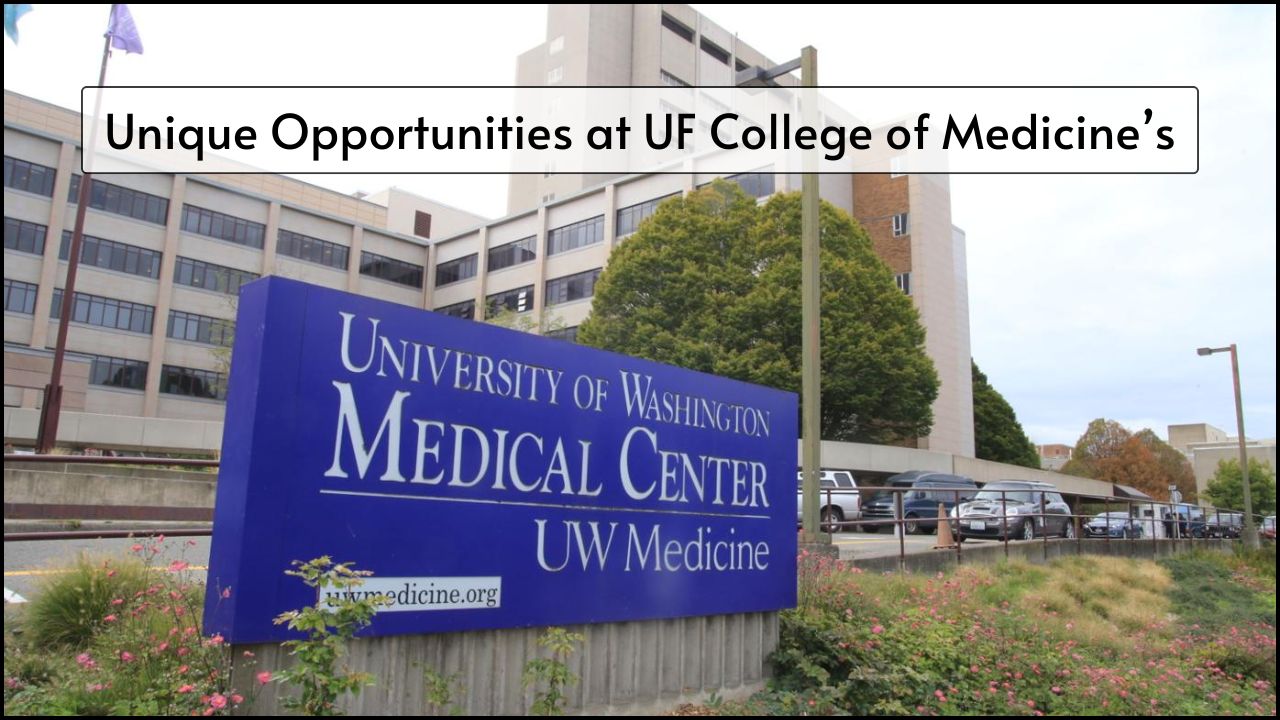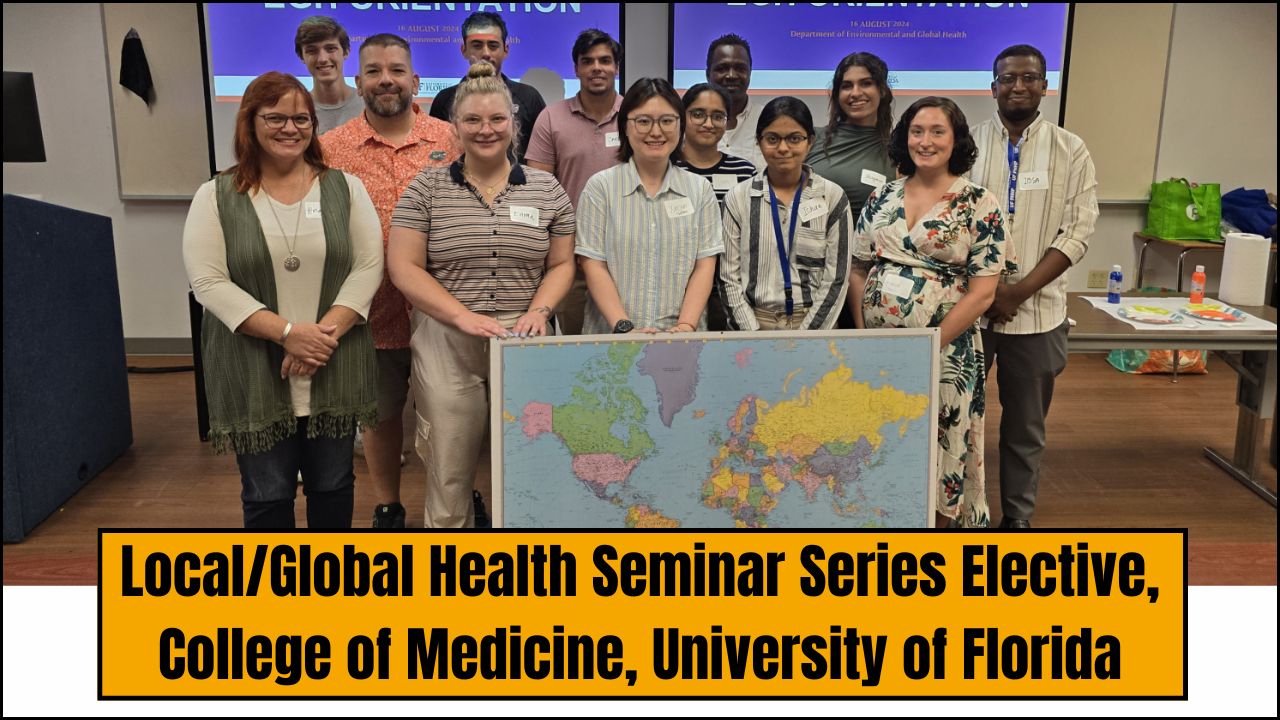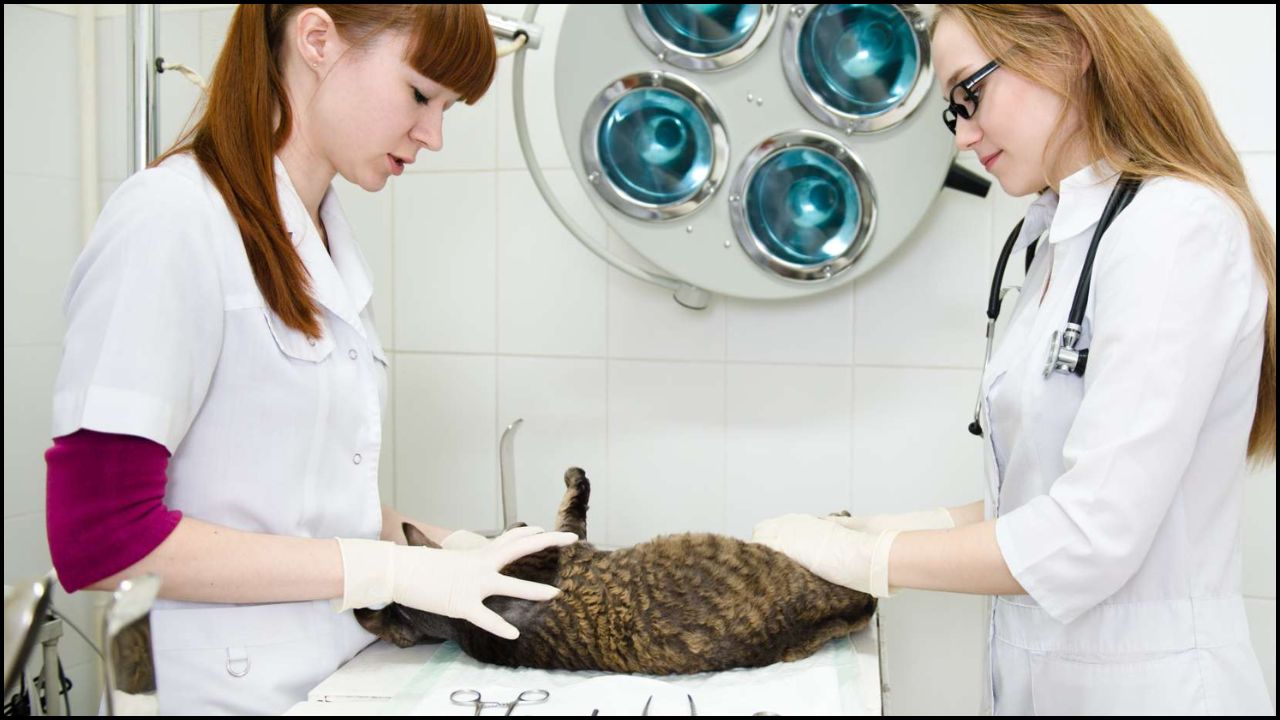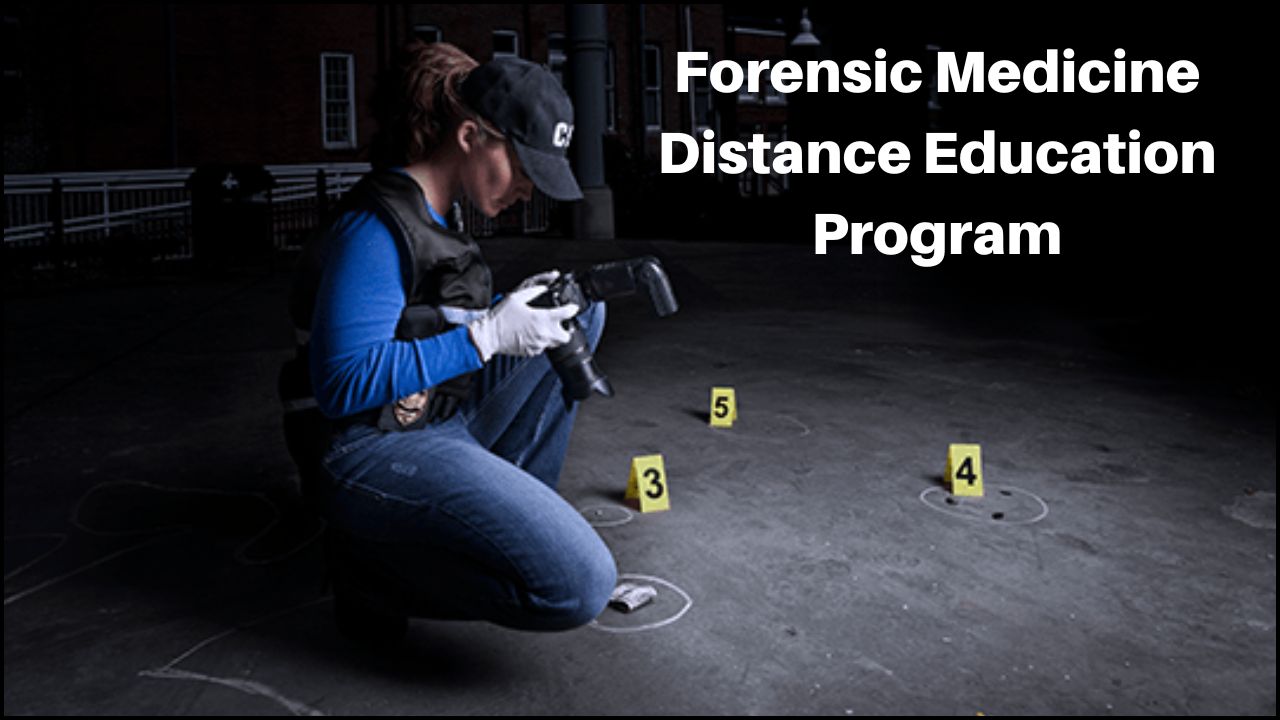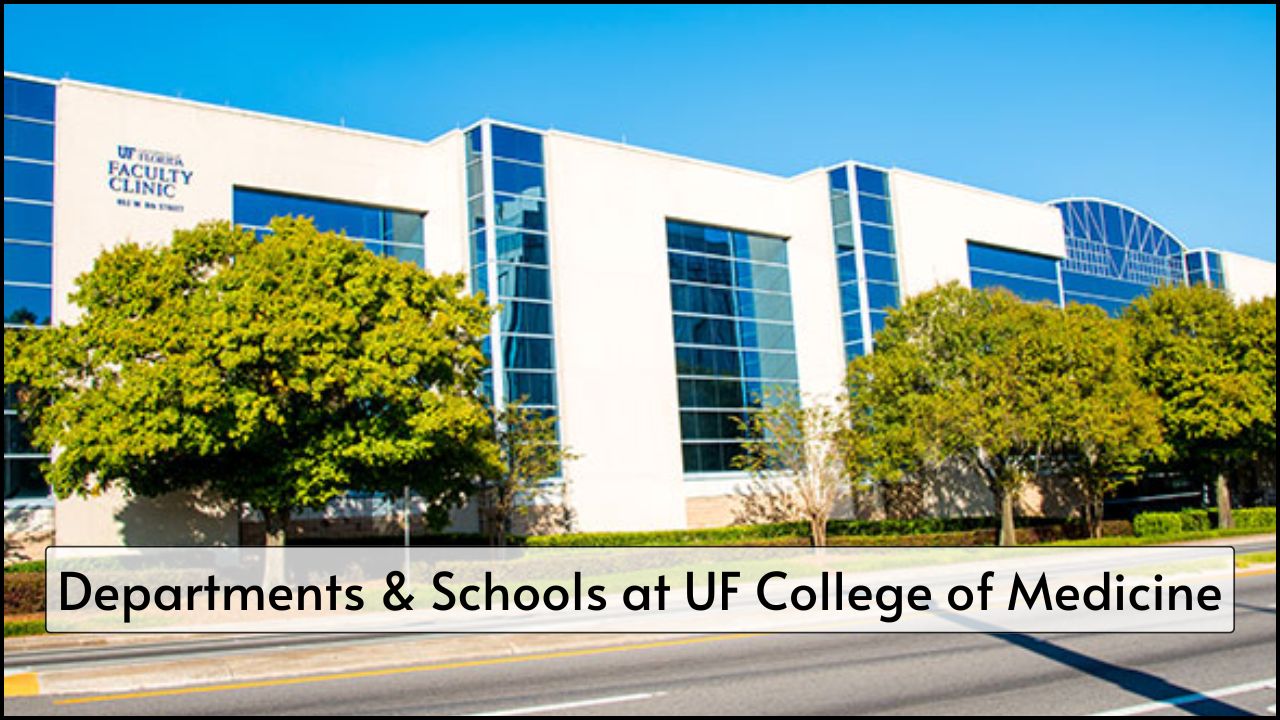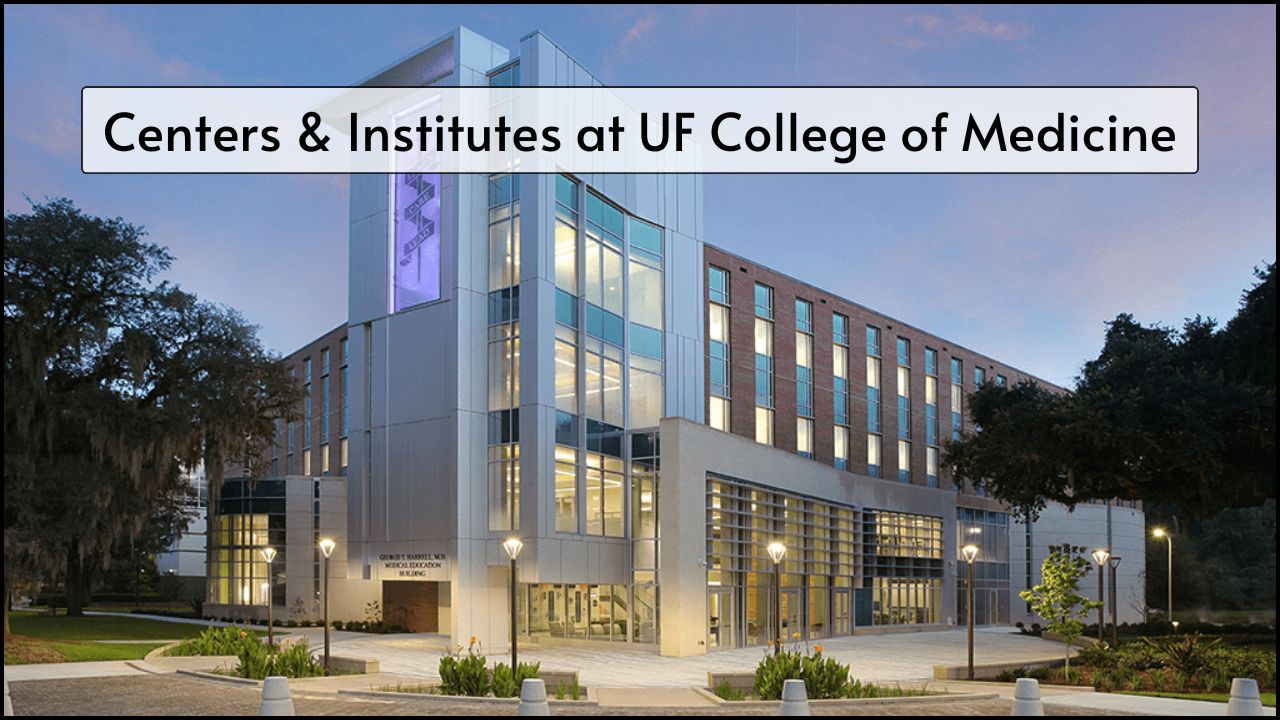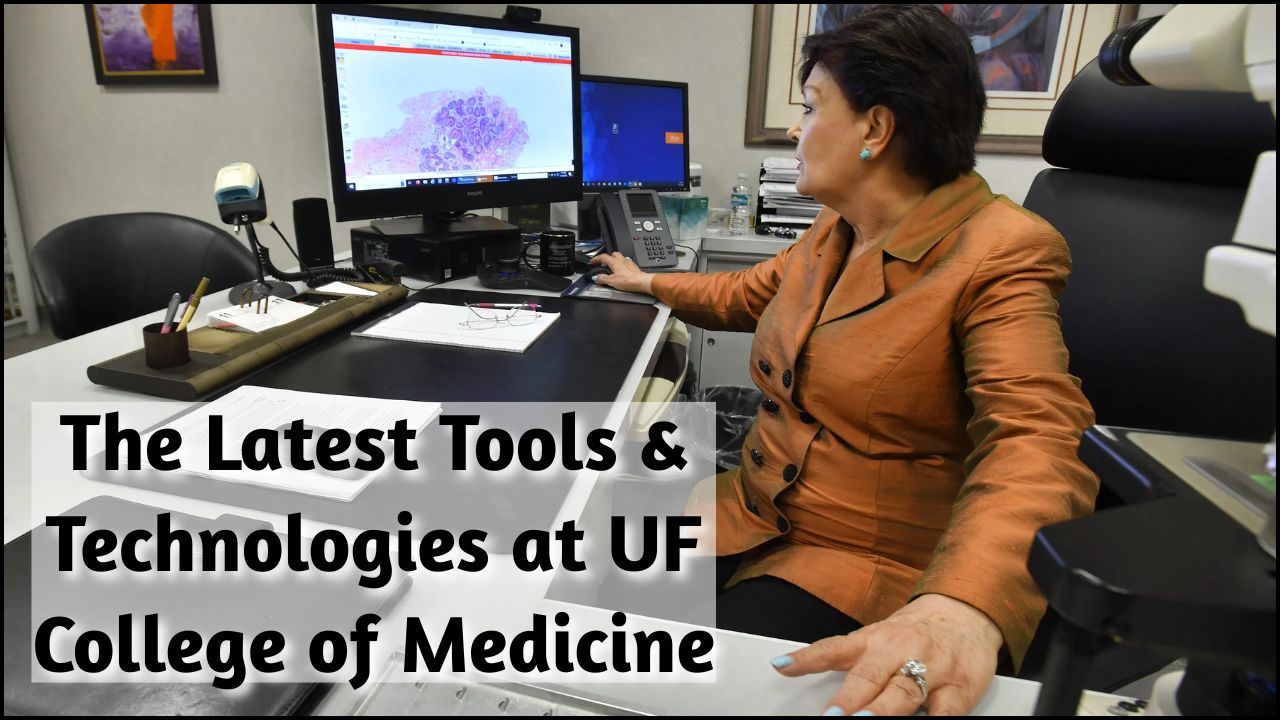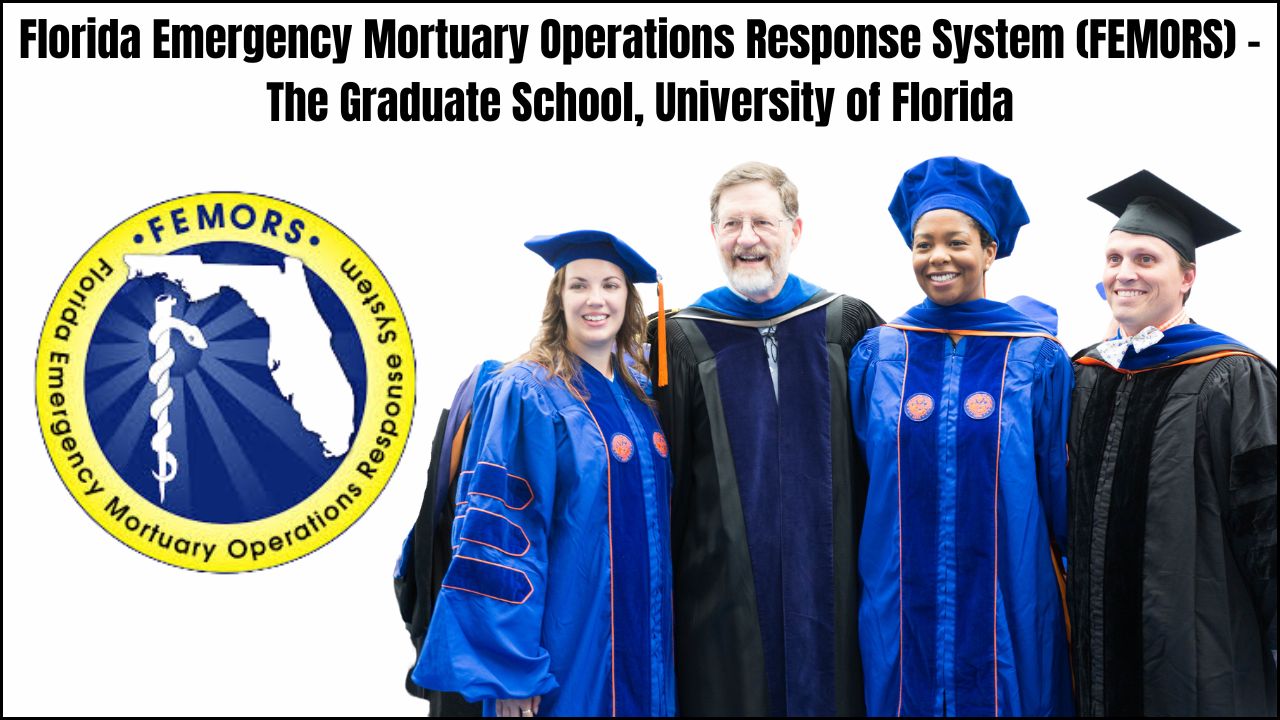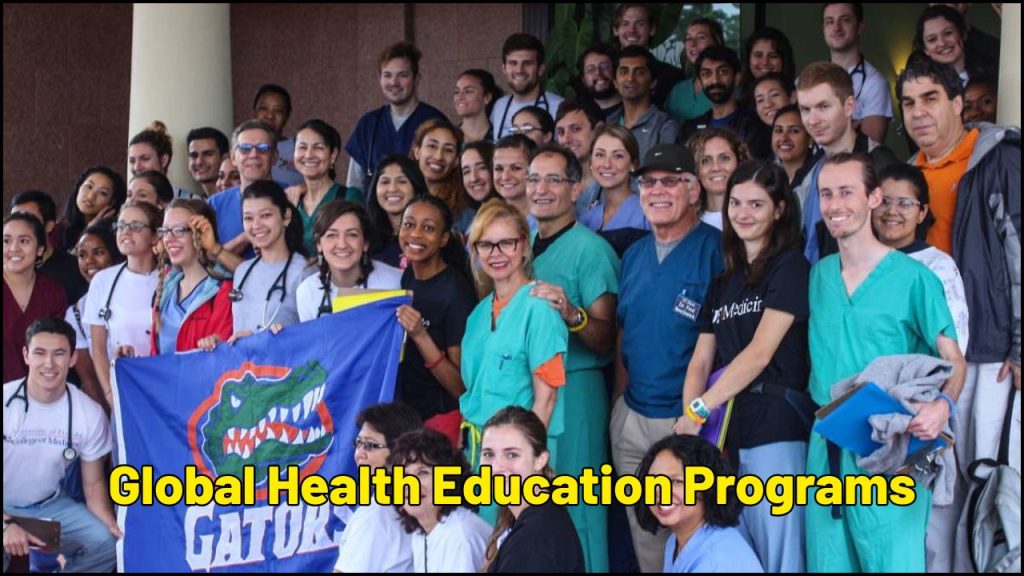
The Global Health Education Program at the University of Florida (UF) College of Medicine helps medical students learn how to care for patients in a global and culturally sensitive way. The program uses a step-by-step approach to teach students about health equity, community health needs, and the social factors that affect patient care. Through classroom learning, fieldwork, and international trips, students gain valuable experience and prepare to become future global health leaders.
Program Structure
The program includes three main stages that guide students through their global health journey.
| Stage | Description |
|---|---|
| Global Health Foundations | Students get an introduction to global health through classes and service work. |
| Global Health Implementation | Practical experiences help students improve their understanding and skills. |
| Global Health Practice | Final-year students apply their skills in electives focused on health equity. |
Core Elements of the Program
- Health Equity Learning
- Students learn how poverty, environment, and education affect health.
- Medical care is connected to social and economic conditions.
- Step-by-Step Approach
- Learning starts in the classroom and progresses to real-world practice.
- Each phase helps students prepare for global health work.
- Team-Based Education
- Students collaborate with peers from Dentistry, Pharmacy, and Nursing.
- Interdisciplinary teamwork builds better care practices.
- Service Opportunities
- Local and global service programs expose students to different communities.
- Cultural understanding and communication skills are developed.
International Service Trips
Each year, UF students and faculty visit several countries to provide care and learn from local communities.
| Country | Purpose | Participants |
|---|---|---|
| Ecuador | Offer medical services in rural and underserved areas | Students from Medicine, Nursing, Pharmacy, and Dentistry |
| Haiti | Support communities with limited healthcare facilities | UF faculty and students |
| Mexico | Deliver primary care and health education | Interdisciplinary student teams |
| Nicaragua | Promote basic healthcare and community health education | Medical volunteers and supervising faculty |
| Dominican Republic | Participate in public health and outreach programs | UF medical and health science students |
Learning Opportunities for Students
- Classroom Learning
- Global health theories, ethics, and systems are taught in lectures.
- Topics include disease prevention, healthcare access, and cultural care.
- Field Experience
- Students travel abroad during Spring Break to participate in health projects.
- Work includes direct patient care and community health teaching.
- Local Electives
- Some students work with immigrant and underserved groups in Florida.
- Local settings provide global lessons at home.
- Fourth-Year Electives
- Advanced electives let students apply knowledge in real situations.
- Students gain deeper insight into public and global health issues.
Student Support and Resources
The program offers several tools to guide students through their global health journey.
| Resource | Purpose |
|---|---|
| Elective Guide | Helps students select and apply for global health electives |
| Global Health Forms | Includes travel approval, fundraiser details, and evaluations |
| List of Partners | Shares information about international partners supporting the program |
| International Office Contact | Offers assistance for students needing help or more information |
UF Global Health Principles of Engagement
- Community Respect
- Local needs and cultures are respected when planning projects.
- Engagement is shaped by feedback from community partners.
- Long-Term Impact
- Focus is on sustainable health solutions and education.
- Projects aim to improve health beyond temporary visits.
- Educational Focus
- Students and faculty learn and teach in every setting.
- Knowledge is shared with patients, communities, and health workers.
- Collaboration
- Health care students from multiple fields work together.
- Teamwork improves outcomes and encourages shared responsibility.
Contributions and Donations
- Financial Support
- Donations help fund student trips and medical supplies.
- All contributions are tax-deductible and non-refundable.
- How Donations Help
- Costs such as travel, lodging, and equipment are partially covered.
- Donors support medical care for thousands of people each year.
Benefits of Joining the Program
| Benefit | Explanation |
|---|---|
| Cultural Awareness | Students learn how to care for patients from different backgrounds |
| Practical Learning | Medical knowledge is applied in clinics and community health settings |
| Global Viewpoint | Experience helps students understand global health issues |
| Professional Growth | Students gain skills that support future careers in medicine and public health |
| Networking | Strong connections are built with faculty, peers, and international partners |
Program Partners and Collaborators
The success of the Global Health Education Program depends on strong partnerships.
- Local Host Partners
- Provide translators, transportation, and accommodations abroad.
- Help identify community health priorities.
- UF Faculty Involvement
- Guide students and ensure safety and ethical conduct.
- Mentor students before, during, and after trips.
- International Organizations
- Work with UF to support long-term goals.
- Provide technical support, tools, and local knowledge.
Getting Involved
Students or faculty interested in the program can reach out through the Office of International Medical Education.
| Contact Point | Information |
|---|---|
| Office of International Medical Education | Let students register interest or request program updates |
| Online Sign-Up Form | Lets students register interest or request program updates |
| Program Website | Offers full details about trips, electives, forms, and contact information |
Wrapping Up
The Global Health Education Program at the University of Florida College of Medicine offers a valuable opportunity for students to grow into globally aware, compassionate, and capable physicians. Through a mix of structured learning, real-world experience, and strong community partnerships, the program creates a solid foundation for addressing health challenges across borders. Students leave the program with the knowledge, confidence, and skills to improve lives both locally and globally.
